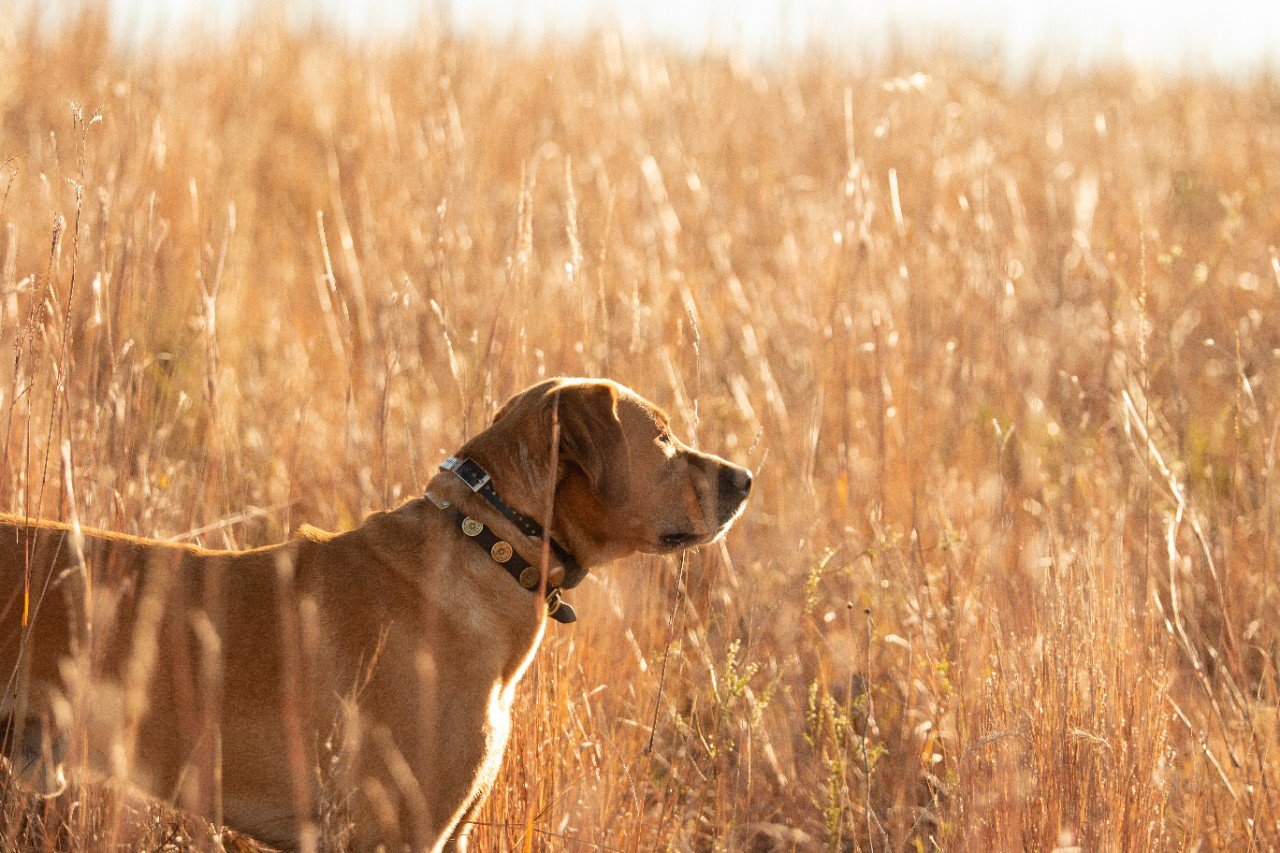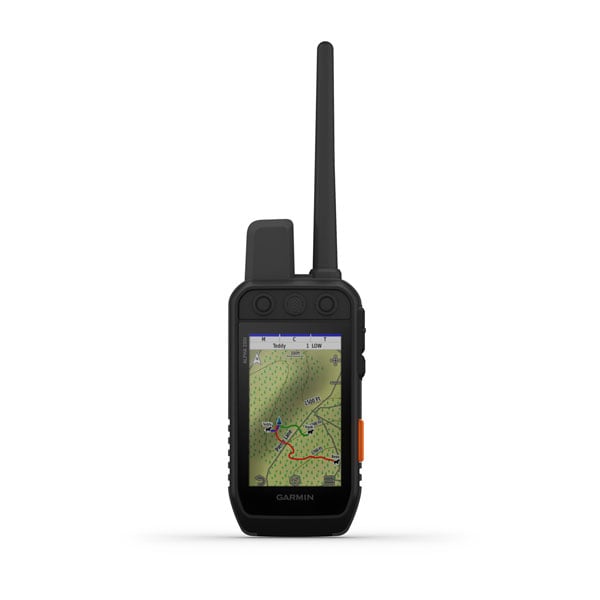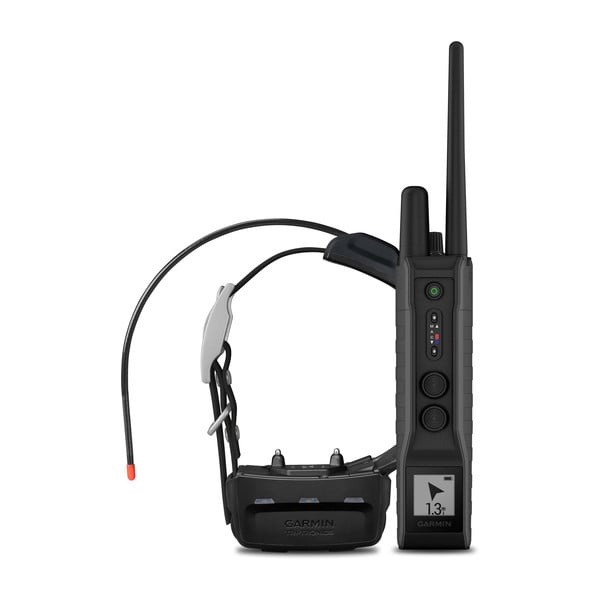
Dog Training During a Pandemic
By Ronnie Smith Kennels
The global pandemic has provided many unique challenges when it comes to raising dogs. The past year has had a strong impact on our canines because we have spent more time at home, and new pet owners have to learn how to properly socialize puppies in this new world.
This just means that we have to get creative and figure out how to give our dogs proper socialization and development opportunities. Just like with kids, we have to design a lifestyle that provides stimulation and learning experiences.
Puppy behaviors and experiences shape how dogs behave when grown. It’s always a good idea to continually take honest evaluations of your puppy’s behaviors as he grows. Watch for things that may hamper his success in training and hunting later on.
Things to evaluate include:
- How receptive are puppies to new people, new dogs and new environments?
- Do they adapt quickly? How much stress do they experience in those situations?
- How easily do they take instruction and how quickly do they learn?
- Is it easy to get and retain their attention to teach new behaviors?
- How developed are the traits/behaviors that will be expected from them as adults?
- Do they show the confidence and enthusiasm to explore a new field?
- Do they have the desire to retrieve?
- Are they able to travel and spend time in a crate in a relaxed manner?
- Will they eat when traveling or in new environments?
- How calm, confident and relaxed are they when not by your side?
Looking objectively at these behaviors will tell you where your dog needs the most help and where to focus your efforts in terms of development.
What can you do to help?
Think outside the box for what might fit in your life. Make time for more hiking trips, canoeing, time at the dog park, obedience work, challenges on agility courses, crate training, rides in the vehicle, trips to the bird field and even just walks in different neighborhoods with different noises. Get creative!
Having more time to spend with your dog is always a good thing. Yet, it is easy to fall into a routine/habit. Take a proactive stance and catalog your dog’s experiences and compare that with what your goals are for your dog. Make sure you are developing your dog in a way that will help him reach your goals.
No matter your dog’s age, you can find creative ways to help further his experiences and education:
- Working at your home office? This is a great time to work on place training with your dog. Teach him to go to a designated area on cue and calmly wait for you to complete your work.
- Have a dog that the neighbors say barks constantly while you are away? Set up a situation to build consistent quiet behavior.
- Need to work on obedience? When you are doing simple things (like maybe walking to the other side of the house to get a cup of coffee), call your dog and use the opportunity to work on heeling.
- Need new challenges to keep your dog’s mind engaged, stimulated and learning? Look around for obstacles to use as an agility course. These challenges may be as simple as cuing your dog to walk down a short retaining wall; jump up in the back of the vehicle; walk across a low, secure bridge you make with a board and a few bricks; or even hide a toy and cue your dog when you are ready for him to go find it.
- Does your dog need a release at home, a way to use up some energy? This is a perfect time to develop the perfect retrieve! Let retrieving be a reward and a way to have some fun one-on-one time with you.
- Does your dog need more socialization? Think of new situations that he hasn’t experienced and safely expose him to as many of those as possible. This will help him to overcome stress and be comfortable wherever he goes. This might be a walk in a new park, a walk in a new neighborhood or an outing with a friend’s dog.
Teaching a dog to heel on a loose lead is a great way to help dogs learn to control their impulses. A dog that is able to make the choice to walk calmly beside you on a loose lead and stand in a composed manner when you stand still is also a dog that that will be more likely to encounter new people and new situations with success. Working with your dog by setting boundaries so he can develop a composed mindset is probably the single most helpful thing you can do for him. Start building behavior at home and when the opportunity for new adventure knocks on your door, both you and your dog will be ready to enjoy it!
If you’d like to learn more about training, call Ronnie Smith Kennels or purchase their new book Training Bird Dogs with Ronnie Smith Kennels.






